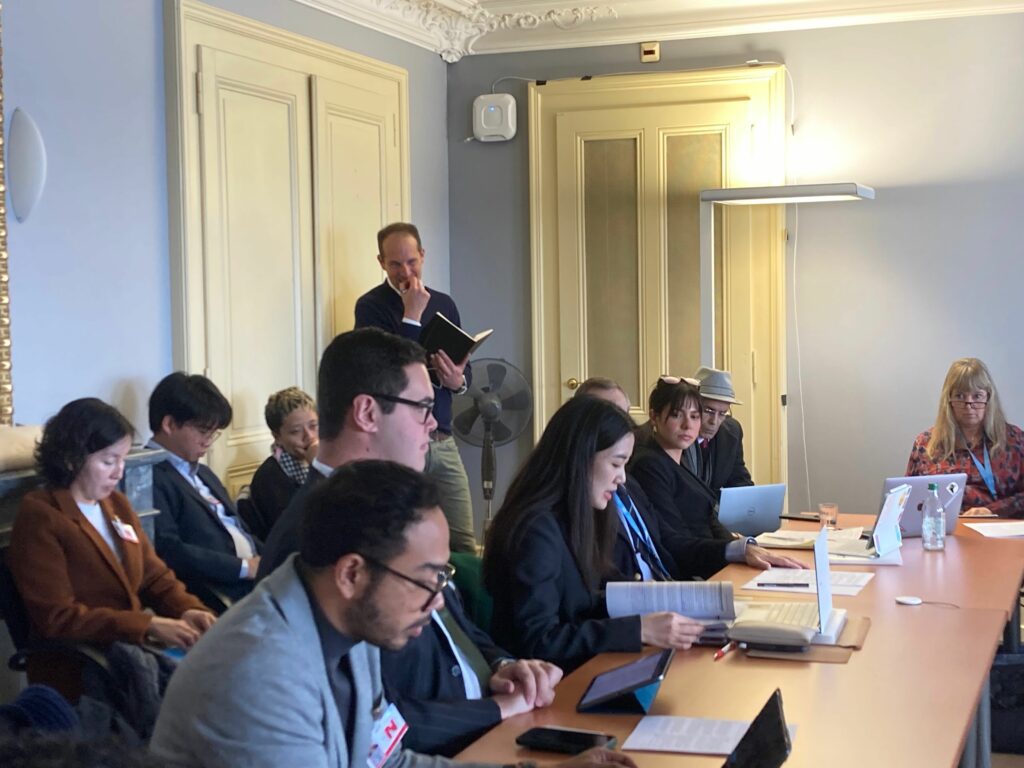What was exactly wrong with NSA?
Despite the public rage towards NSA after Snowden’s disclosure, it was unclear what exactly was wrong with NSA. NSA’s surveillance was all approved by the Foreign Intelligence Surveillance Court (FISC), which was set up by Foreign Intelligence Surveillance Act (FISA). FISA was a Democrat’s response to the uncovering of FBI surveillance of human rights activists such as Martin Luther King, Jr. NSA’s surveillance was thoroughly “legal.” At least there was no mass wiretapping, just mass metadata acquisition. Than what exactly is wrong about NSA’s surveillance? Maybe, indiscriminate nature was the problem.
But suspicion-less mass surveillance is regarded to be less infringing than targeted surveillance. We do not criticize unwarranted searches and seizures of security checks at the airports or DUI checkpoints. Is it because suspicion-less surveillance is less stigmatizing? Than why is NSA arousing public indignation?
Korea Case
Korea has a population of about 50million citizens. In 2011 alone, 7,167 phone numbers were wiretapped (per capita, 15 times U.S., 287 times Japan). Metadata of 37.3 million citizens and 5.84 million subscribers’ identifying data was acquired. Investigation was done in search of a crime, but how can more than half of the population be the target of crime investigation?
What is up with Metadata?
98% of metadata is from cell tower search in Korea. The cell tower search is conducted to investigate people -communicating with their cell phones- near a particular cell tower. Investigation on anti-government demonstrators would be the case. This is the implication of metadata for democracy.
Back to Morality of Mass Surveillance
Is suspicion-lee mass surveillance non-stigmatizing? The bottom-line is that the government is treating the people like potential criminals. Is it non-privacy infringing? It depends on the level of anonymity protection.
Anonymity and Metadata Mass Surveillance
USA, UK, Germany, and France are known for very low protection of subscriber identifying data. In Korea, 6million subscribers’ data gets disclosed a year. With low anonymity protection, metadata becomes more privacy-infringing and more tempting targets. We must protect anonymity to stop NSA-like mass surveillance. It is time to call for international reforms for subscriber-identifying data.


0 Comments